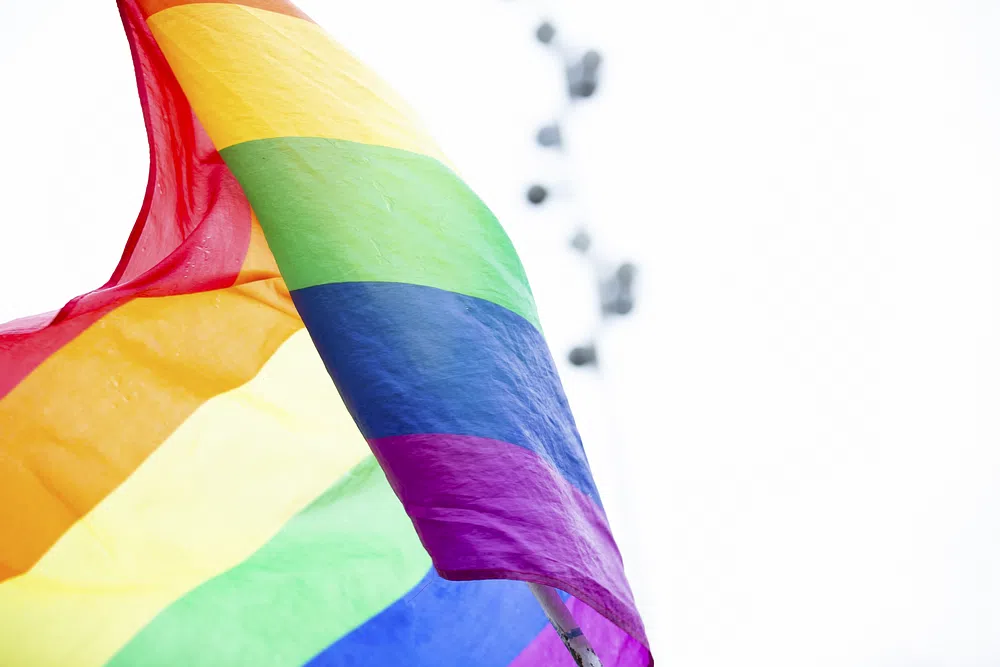Sexual diversity is a reality. Throughout history, we have known about people with different sexual orientations, identities, or gender expressions; however, society made them invisible and criminal. Thus, today, they have come a long way for respect and inclusion. It is essential to remember that June is LGBTQIA+ Pride Month. The commemoration arose from the 1969 riots in Stonewall, New York, where people of the LGBTQIA+ community, tired of receiving attacks and unjustified arrests, took to the streets to demand the recognition of their rights, which we remember are not special rights; they are human rights.
In 1973, the American Psychiatric Association (APA) removed homosexuality from its manual of mental disorders, marking the first step toward depathologization. The World Health Organization (WHO) did so on May 17, 1990. Finally, in 2012, the Pan American Health Organization (PAHO) pointed out that the erroneously called LGBTQIA+ conversion or “healing” therapies lack medical justification and pose a grave threat to people’s health and well-being. Some have called these therapies torture because of the cruel, inhuman, and degrading treatment used in their methodologies. (UNODC, 2019)
According to the International Lesbian, Gay, Bisexual, Trans, and Intersex Association, 67 countries worldwide still openly prohibit or consider it illegal to be LGBTQIA+ (ILGA WORLD, 2023). We might think ignorance or conservatism is the reason for illegality in those countries, but 2023 has been a year of significant setbacks in human rights concerning sexual diversity, especially for trans youth. The United States and Europe have modified laws to prohibit books with sexual diversity content, and public speakers have proliferated hate speech that impacts the mental health of young people who belong to this community and simultaneously reinforces prejudices towards LGBTQIA+ people.
Recent data indicate that in Mexico, at least 24 of 32 registries have recorded murders with signs of extreme violence against LGBTQIA+ people (Letraese, 2022). Once per month, on average, someone is killed because of their sexual orientation or gender identity. One in five young people has thought about taking their life due to the discrimination and exclusion they experience in their academic environments. The population of diversity is most at risk of dropping out of school because of the escalating harassment and ridicule.
Therefore, pride in sexual diversity must not be limited only to June’s visibility; it means recognizing who you are, being dissident by rejecting established stereotypes, and being resilient to the questioning about your freedom to exist. LGBTQIA+ pride has emerged from and for the constant struggle to recognize diversity in the heteronormal world.
Belonging to sexual diversity implies that your environment respects you, includes you with your diversity, and lets you feel part of the community without having to justify yourself.
Respect for sexual diversity means society must be informative and not reject differences; especially, it must identify that rejection and discrimination hurt everyone.
At Tec, we have the Principles of Equality and Non-Discrimination and the value of Empathy and Inclusion to govern our actions and ensure that the LGBTQIA+ community is included, represented, and celebrated for its differences. From the Center for the Recognition of Human Dignity, through our Office of Diversity and Inclusion and the Office of Gender and Safe Community, we have strategies to disseminate and generate information on sexual diversity and equality measures and also the Protocol of Action in cases of discrimination based on sexual orientation, identity, or gender.
At Tecnologico de Monterrey, we celebrate that sexual diversity enriches us.
Authors: Office of Diversity and Inclusion and Office of Gender and Safe Community of the Center for the Recognition of Human Dignity.
Sources consulted:
Letraese. (2022). The traces of violence from prejudice: lethal and non-lethal violence against LGBT+ people in Mexico. Mexico. Full document: https://letraese.org.mx/crimes-de-odio/
United Nations Office on Drugs and Crime [UNODC] (2019) Nothing to Cure Guide: A reference guide for mental health professionals combating ECOSIG. Mexico. Full document: https://copred.cdmx.gob.mx/storage/app/media/guia-nada-que-curar.pdf
BBC World (2023) In which countries is homosexuality criminalized? (and what is the situation in Latin America). Full article: https://www.bbc.com/mundo/noticias-internacional-65104589
This article from Observatory of the Institute for the Future of Education may be shared under the terms of the license CC BY-NC-SA 4.0 
)
)


)